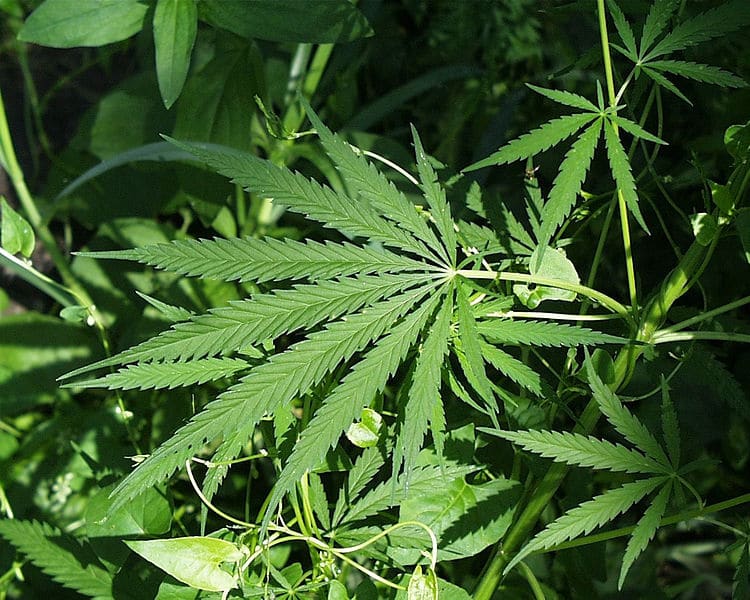Tom Walker, Encore’s director of community relations, recently gave an interview to WQKZ radio about marijuana use among DC’s young people. As an addiction treatment provider in Arlington, many of Encore’s clients are younger adults with easy access to medical and recreational marijuana. While marijuana legalization is gaining ground across the country, its wider availability and use is beginning to highlight some of the drug’s risks.
Contrary to popular misperception, addiction is a very real risk of marijuana use. Encore clinicians find that many of the program’s clients are struggling with marijuana use disorder. Many people use today’s high-potency THC plants and products to self-medicate for anxiety, depression, and other mental health disorders. However, marijuana—especially marijuana with a high percentage of THC—may increase symptoms of mental health disorders in some people.
“One of the problems with marijuana is that people are led to believe that it is a harmless means of coping with stress. This is one of the side-effects of positioning marijuana as medication,” says Walker. “A lot of the people we treat here at Encore are young adults managing busy and stressful lives. For people trying hard to succeed in their first job, pay off massive student loan debt, and deal with difficult relationship issues, marijuana may seem like a way to decompress. The problem is that the temporary relief it may provide doesn’t address any of the root causes of stress. For others, using marijuana actually makes their symptoms worse.”
Walker believes communicating the potential risks to marijuana users is an important but missing part of the public marijuana narrative. As cities and towns in states where marijuana has been legalized wrestle with its regulation, public education is one of the most-voiced concerns among educators, health professionals, and legislators. One of the primary arguments for the high taxation of medical and recreational marijuana where it is legal is covering the high ongoing cost of educating the public about marijuana safety and risks. But finding a common marijuana curriculum will not be easy.
Those seeking factual information on which to base decisions about marijuana face a daunting challenge. For every peer-reviewed scientific study of marijuana’s risks to physical and mental health, legalization and use proponents offer a rebuttal. A lack of consistent information makes it hard for people to make informed choices. Because marijuana is still federally classified as a Type I controlled substance (in the same category as heroin), clinical trials of marijuana cannot be conducted by pharmaceutical companies. The results of properly conducted clinical trials, however, may be the only way to get critical information on which to base usage guidelines.
One thing the clinicians of Encore know first-hand is that marijuana legalization and use comes with consequences. Encore is working to educate people that marijuana use disorder and addiction is real and that it can affect people from all walks of life. Michael Baly, PhD, a clinical psychologist and partner at Encore, says some people being treated for substance use disorder do not perceive marijuana the same way they view opioids or other illicit drugs. “It’s not unusual for a client to say they want to stop using opioids or benzodiazepine. But when you suggest that they also need to stop using marijuana, they become confused. Some believe marijuana to be a harmless substance that doesn’t belong in the same category as other drugs,” Baly explains. “The ability to achieve natural self-regulation is important to achieving recovery. Dependence upon any substance keeps one from feeling normal, happy, and in control while in our natural state—and that is the goal of treatment. Marijuana can be a crutch—and in some cases it can actually be making the symptoms of mental health conditions worse.”
If you or a loved one would like to learn more about marijuana misuse and addiction, please contact an experienced member of Encore’s staff at (703) 646-0627.
